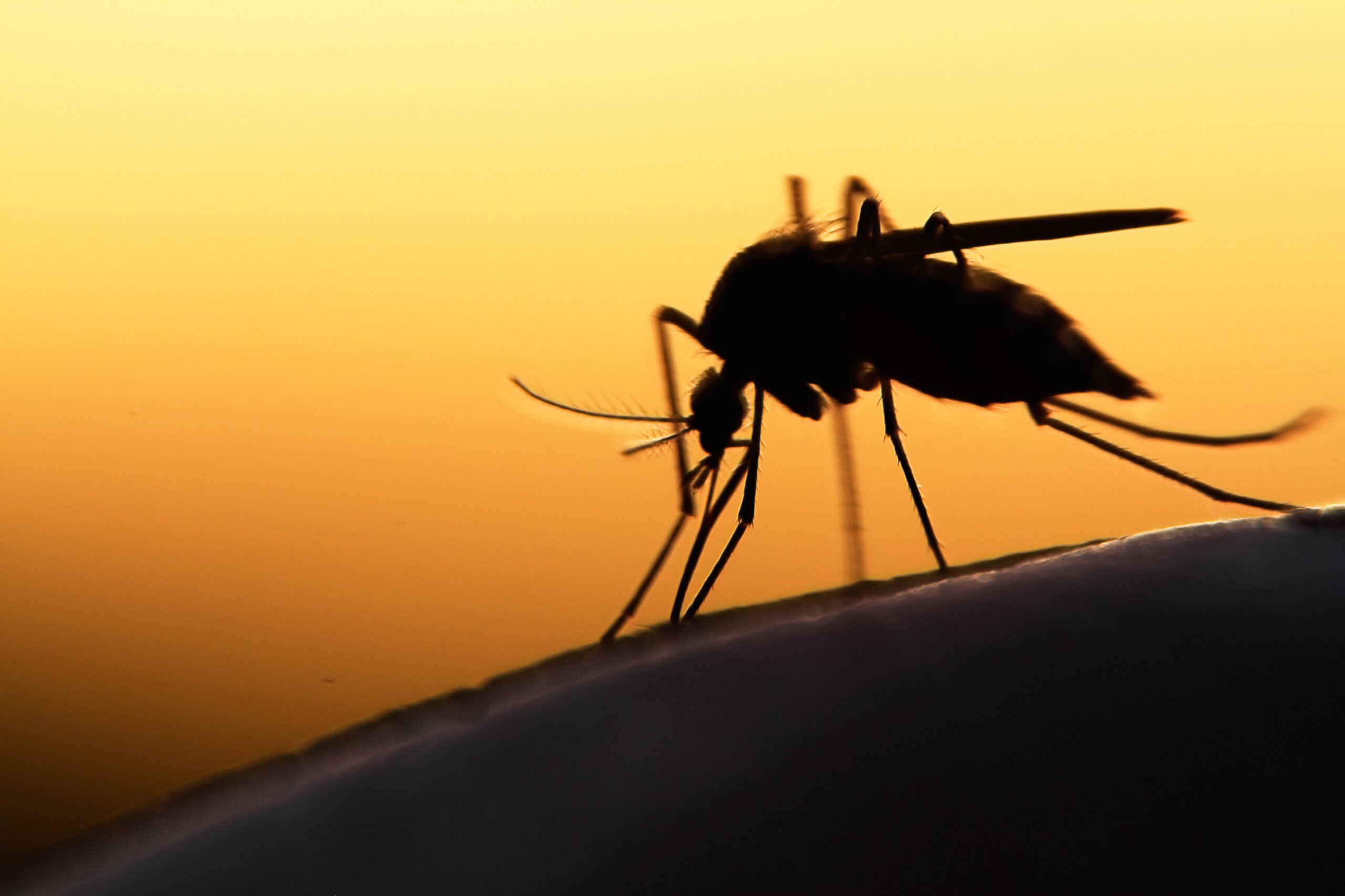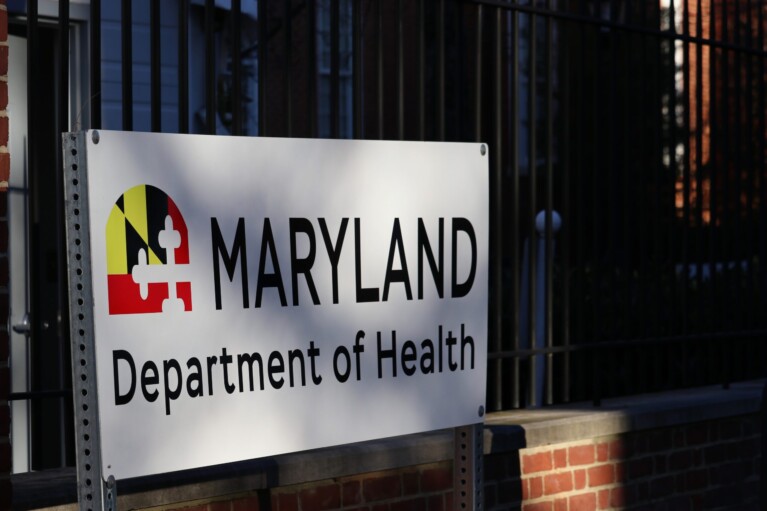How Maryland’s recent malaria case can inform future detection and prevention

In mid-August, the Maryland Department of Health issued an advisory that the agency had confirmed a rare positive case of locally acquired malaria and urged Marylanders take precautions to avoid future mosquito bites. But locally acquired malaria is rare in the United States, and the unique case led to a new article published by federal health officials highlighting efforts that led to the eventual diagnosis.
State and federal public health officials believe the malaria case identified in Maryland can help inform about the difficulties in diagnosing locally acquired cases and showcase collaboration among state agencies and public health professionals to help inform the public of the risks for malaria.
“Identifying a locally acquired case was quite unusual and triggered a public health response that included local health departments, state health departments — which is where I’m at — as well as collaboration with the CDC,” said Monique Duwell with Maryland Department of Health’s Center for Infectious Disease Surveillance and Outbreak Response.
This is especially important as other states also detect locally acquired malaria cases. Earlier this year, such cases were identified in Texas and Florida, the CDC reports. While all of the infected individuals received treatment and were in recovery, according to the CDC, malaria can dangerous and even fatal if not treated.
“So with these types of unusual cases, whether it’s locally acquired Malaria or another unusual occurrence, it’s fairly common for people in public health to want to share those findings with colleagues,” Duwell said.
A recent article titled “Notes from the Field: Locally Acquired Mosquito-Transmitted (Autochthonous) Plasmodium falciparum Malaria — National Capital Region, Maryland, August 2023,” outlines the detection and response of a unique malaria case identified in Maryland in early August.
Duwell was the lead author of the report, which was featured in last week’s edition of the CDC’s Morbidity and Mortality Weekly Report (MMWR). The MMWR is a broad collection of studies and public health information for physicians, public health practitioners, researchers, epidemiologists, educators and other professions related to the medical field.
Typically, there are about 2,000 cases of malaria detected in the United States each year, and about 200 of which are reported out of Maryland, according to the CDC. And locally acquired cases are even more rare. Until the August case, Maryland had not seen a locally acquired malaria case for 40 years.
Duwell explained that almost all cases of malaria identified in the United States are from people who have recently traveled to areas where malaria is known to be endemic, such as parts of Africa, Asia and other countries.
According to the CDC report, so-called “imported cases” from outside the United States can “represent a potential source of infection” leading to infections for people who have not traveled out of the country.
Duwell explained: “A person travels to a country where malaria is known to be … and they contract malaria or get infected with malaria. If they return to the United States and they get bitten by the type of mosquito that transmits malaria, and then that same mosquito bites someone else…who didn’t travel to that country, they can then infect that individual.”
Duwell’s report outlines some of the challenges that come with identifying malaria, especially if an infected individual has not traveled recently. That was the situation for the Maryland case.
On August 6, a previously healthy Marylander with no recent history of international travel was evaluated for 7-day history of fever, malaise, and body aches, according to the report.
But getting to the eventual malaria diagnosis was a bit of a challenge.
Malaria is an illness that is caused by a parasite that can be transmitted through certain mosquito bites, but its symptoms can look very similar to a separate illness also caused by a parasite called babesiosis, which is transmitted through tick bites.
To make the initial diagnosis more challenging, the individual at the center of the case noted that they take regular walks and had reported a recent tick attachment. The individual was even instructed to complete a 7-day babesiosis treatment course as lab tests were conducted and evaluated.
“We do see locally acquired babesiosis cases here in Maryland, somewhere between 5 to 13 cases each year,” Duwell said. “Not a huge number, but we do see it — certainly more common than locally acquired malaria. So that’s just another piece of the diagnostic puzzle.”
Lab results from blood samples ultimately confirmed the malaria diagnosis.
The case prompted Maryland health officials to alert residents and issue a public reminder for mosquito bite prevention on August 18. Preventative measures include wearing loose-fitting, long sleeved clothing, keeping mosquitos from getting in the house, and emptying nearby standing water to prevent mosquitos from laying eggs.
The Maryland Department of Agriculture also helped by conducting surveillance of malaria-carrying mosquitos.
The report concludes that the Maryland malaria case “underscores common challenges in malaria diagnosis, including differentiation from babesiosis… and highlights the need for coordinated efforts among public health officials, clinicians, laboratories, and the public to prevent, detect, and respond to such cases.”
Duwell also had some advice for Marylanders.
“One of the ways to help prevent cases like this is for travelers to take malaria prophylaxis medications before they go to other areas of the world where malaria is endemic,” she said.
She added that heading into winter, there will be lessened risk of getting bit by a mosquito in Maryland, but holiday travels may add additional risks.
“We know that holiday travel is coming up and people are often going to these malaria-endemic countries, and we just really want to encourage anyone traveling to those areas to touch base with their doctors before they go to get the appropriate malaria prevention medication to protect them and their family members and others,” she said.




 Creative Commons Attribution
Creative Commons Attribution